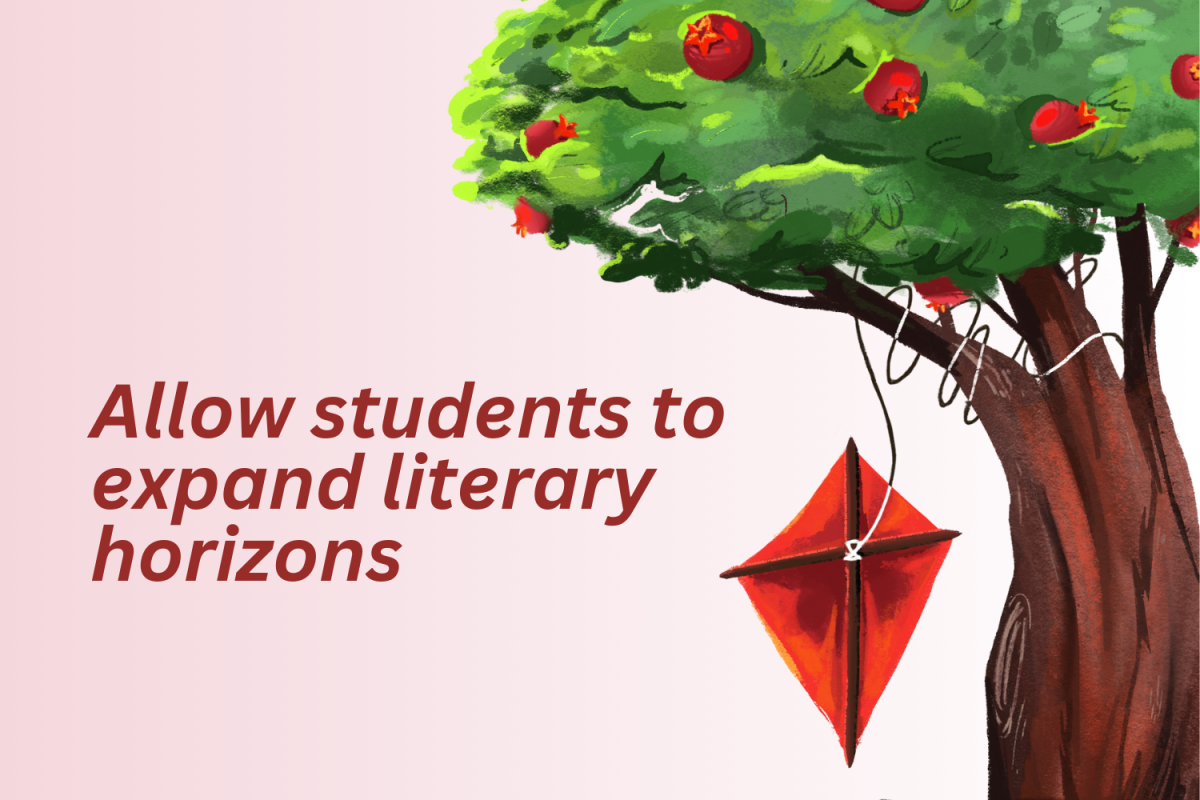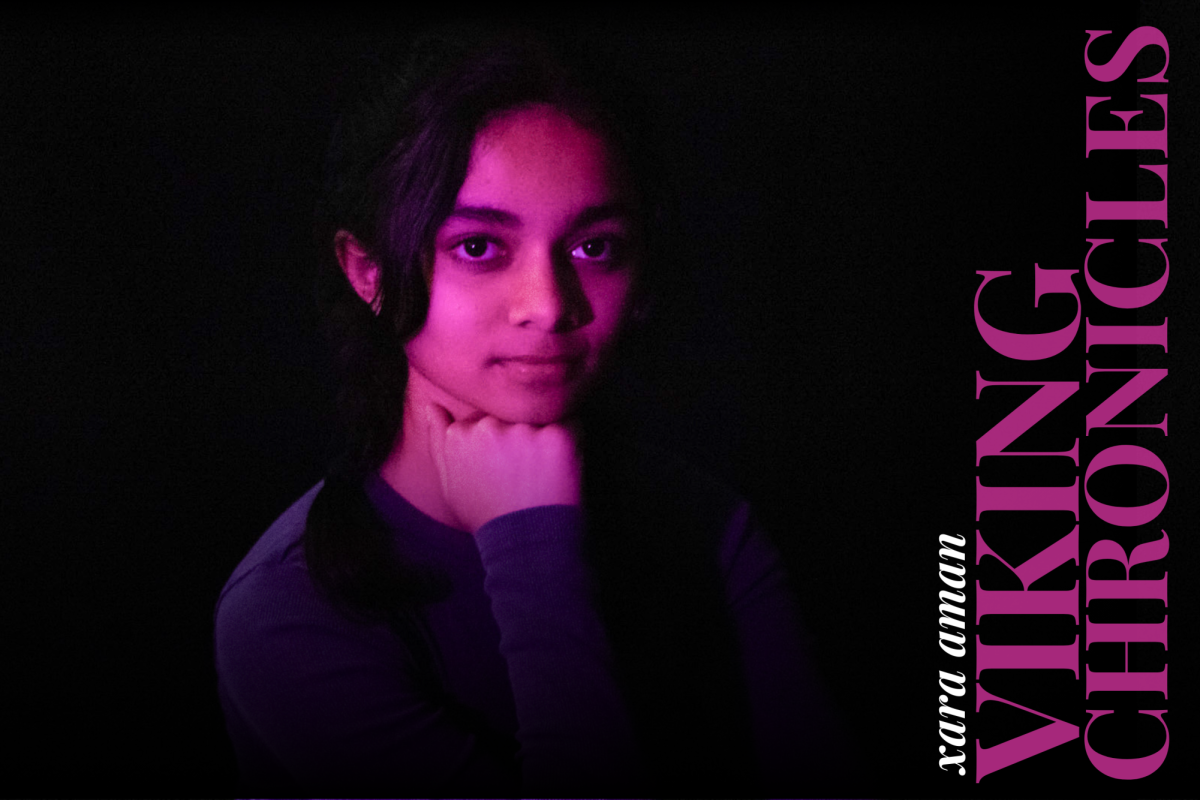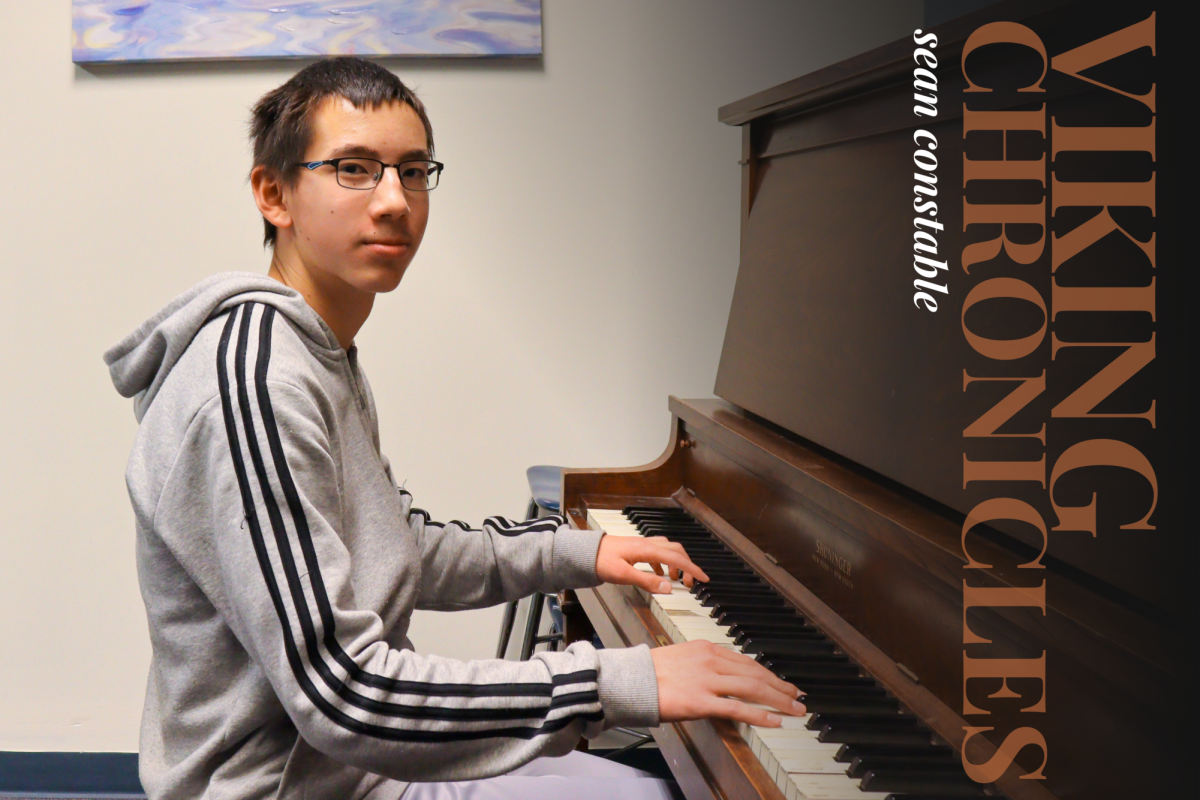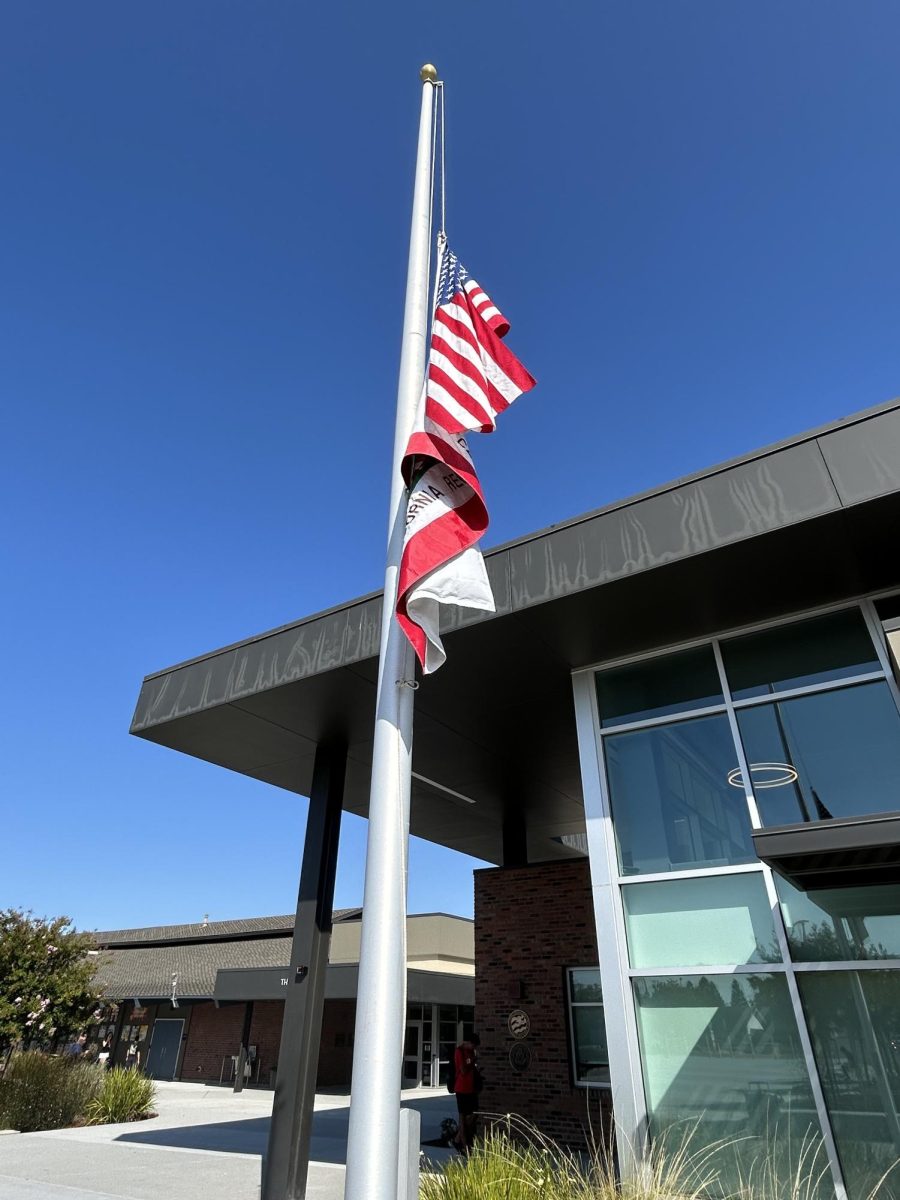At the center of our English classrooms, discussions weave around the students’ collective experiences reading literature, which brings about new perspectives and conversations. In recent years, some concern surrounding triggering themes that show up in certain texts has sparked conversation about the place of specific books such as “The Kite Runner,” “Beloved” and “Aristotle and Dante Discover the Secrets of the Universe” in classrooms. Despite books like these containing mature subjects that may be difficult for some students to initially digest, in the absence of these emotionally mature narratives, English classrooms would not be as academically and emotionally rewarding for students. Avoiding mature themes stymies students’ abilities to develop diverse points of view during their time in high school.
In the interest of creating a more diverse, comprehensive and up-to-date curriculum, teachers have worked to integrate books that include characters and plots that vary in experience and content. For example, “The Kite Runner” has become a sophomore essential, and, oftentimes, a favorite among students who have read it. Nevertheless, the book contains scenes that involve sexual assault, murder and the political turmoil during the Soviet-Afghan war — content that has sparked backlash.
“In order to expand the concept of world literature, I think ‘The Kite Runner’ does a particularly good job of showing us a window into Afghanistan in a way that we don’t normally get from traditional media,” FUHSD English Curriculum Lead Julia Satterthwaite said. “Getting to read a story about the connection between a boy and his father set in Afghanistan shows more nuance to life in Afghanistan — not just the Taliban and violence.”
While unfamiliar settings or shocking storylines are generally well-received at Lynbrook, the issue is not as straightforward when addressing certain scenes that deal with sexual assault or rape. There are a multitude of reasons why a person may be triggered by graphic scenes — such as having personally dealt with sexual assault — and teachers are prepared and open to providing case-specific solutions for these students.
“If a student is coming from a traumatic background, that’s good information for the teacher to know, and then the parent, teacher and student can work together to figure out what the solution might look like for that student,” Satterthwaite said.
Because relatively few students request an exemption for particular books, a one-size-fits-all solution of taking a book off the shelves for every student is not a sound strategy. If teachers are forced to replace books that have received backlash, the impact of the intended book would have been lost. Even though there have been cases of students opting out of reading a particular book in the past, students should utilize this option sparingly. Rather than having the engaging, interactive classroom experience, a student who opted out would independently study a different book, with limited time set aside for teacher guidance.
Previously, attempts to incorporate modern texts have been met with other forms of backlash because some students are less comfortable reading material in books that aren’t considered “classics.” “Aristotle and Dante Discover the Secrets of the Universe” delves into a friendship between two boys who navigate their sexuality together. Even though this book is not particularly graphic compared to any other “classic,” such as “Romeo and Juliet” or “the Odyssey,” some argue that it doesn’t belong in a high school classroom because of references to a sexual relationship. It may be that books set in a modern time period like this one make the issues of sexuality and the controversies surrounding them hit closer to home.
“There’s some concern you’ll see across the nation that teachers are indoctrinating students into a liberal perspective, but I don’t think that’s necessarily true,” Satterthwaite said. “Rather, I think they are actually exposing them to diverse ideas.”
In California, Governor Gavin Newsom recently signed a bill that prohibits the banning of books and textbooks in schools. This is an important step forward in addressing students’ needs to have access to a diverse education and takes away attempts to dehumanize experiences or values expressed in an author’s writing.
“I believe in the freedom of speech, and books students read are all books approved by the district,” English Department Lead Joanna Chan said.
The junior literature curriculums are carefully curated around teaching varied eras of American literature as well as sophisticated writing skills. While students are pushed to create their own compelling arguments, they also learn to dissect an author’s message through their choices in the text. Besides providing literary enrichment, these books are uniquely influential to a student’s perspective on American history and society. Since reading a book is the closest students can get to understanding how and why a society behaved the way it did, these books are essential in digesting a nuanced perspective of any historical event.
For example, “Narrative of the Life of Frederick Douglass” is not only a first-hand account of the horrors of slavery but also a glimpse into the depth and complexity of the people who lived through it. While the book is filled with horrific truths of American slavery — from violent depictions of abuse to the pervasiveness of human needs — students gain a vivid perspective to accompany the history curriculum, which serves to humanize the more factual and straightforward version taught in American history courses.
“I think reading Frederick Douglass was a good addition to learning about slavery in history,” junior Abhinav Satish said. “The textbook can gloss over what happened, whereas reading the book forces you to account for the complexities.”
While some texts have caused controversy for themes involving sexual orientation or sexual acts, the more violent and explicit texts often appear in junior or senior courses. Upperclassmen are often more mature, so they are more prepared to handle books involving violence or obscenity. AP Language and Composition and AP Literature students spend the year tackling college-level material, so most should be prepared for a more challenging and mature curriculum. Even though some texts can be uncomfortable to read and discuss, many students find the experience rewarding.
“I wouldn’t teach ‘Beloved’ to freshmen, but seniors in AP Literature are 17 and 18 years old — they are going to college this year,” AP Literature teacher Jessica Dunlap said. “They encounter mature themes, but they have the guidance of a teacher.”
AP Literature and Composition students read “Beloved,” a book that contains explicit violence, sexual assault and trauma. The text depicts a woman who recalls her life as a slave in Kentucky, and delves into the lasting effects of her traumatic past.
“Reading ‘Beloved’ has allowed us to practice greater empathy,” senior Erika Wu said. “As Lynbrook students, we have such a vast support network. We have counselors, friends and family who are willing to drop everything at a moment’s notice to help us. By reading these books, we can open our eyes to the fact that there are people who are experiencing these issues but don’t have the same resources that we do.”
Parent concerns about their teenagers’ exposure to topics or content concerning sex, sexuality or violence within texts are nonetheless valid. In the case that a student or parent is uncomfortable with these mature themes, it’s important that the parent and student can have conversations and practice open communication. While the student reads the book, the parent could read the book as well, provide their teenager with their perspective and express why they feel concerned for any given topic.
“I wouldn’t judge anyone whose parents don’t want them to read a book because of the mature content since we don’t know about their experiences — maybe the topics introduced in a book are sensitive to them, and we should respect that,” Wu said.
In general, the emotional complexity coupled with their layers of historical and literary enrichment makes many of these books difficult to replace while still capturing the essence of their literary and historical impact.
“You have to acknowledge the atrocities that happened in American history,” Dunlap said. “You do nobody any favors by ignoring history and not confronting what happened.”











































































